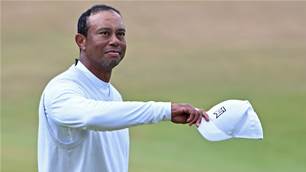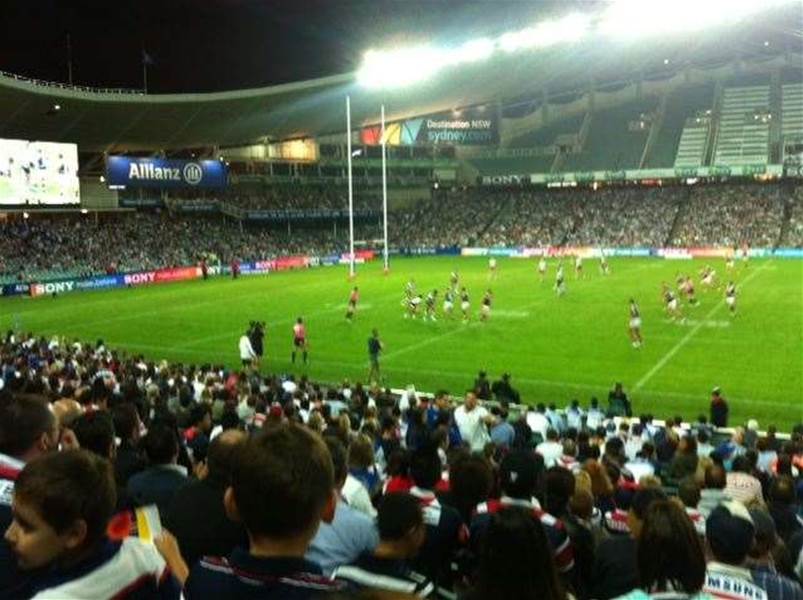The Adam Goodes incident brought crowd behaviour to the forefront, but the aftermath is verging on overkill.
The Adam Goodes incident brought crowd behaviour to the forefront, but the aftermath is verging on overkill.
We’ve had a continuing debate at the magazine about the level of decorum at sports grounds, and the argument roughly breaks down into two main points: one, the amount of abuse hurled at players these days is unsavoury, an offshoot of our tech-fuelled age of snark; two, this is still a lot better than things used to be, when drunkenness and violence were common sights on the hill or in the stands.
The incident involving Adam Goodes and the young Collingwood supporter turned out to be one of those rare occasions where an unfortunate negative does yield a positive – a “teachable moment” – thanks in large part to the dignity and grace that Goodes carries himself with. Such a moment, though, inevitably spins off other talking points for the footy media cycle (thanks, Eddie!), and a large-scale effort was soon under way to tamp down the rather explicit sentiments that come out of the crowds. The anti-PC crowd suddenly had another hobbyhorse, and for nostalgists, another criticism of how soft modern footballers had become – now they couldn’t take being called names.
This is one of those situations where ideological bent, or argumentative impulse, should not crowd out (pardon the pun) some fairly agreed-upon principles. Buying a ticket to a match is not a license to be a lousy human being. Genuine passion will exceed the bounds of taste at times, and it is right to call it out. We have, as a community, fewer spaces to express a common spirit, so we should savour it. In our sports culture, we do love to sledge, but we can sledge out of love, rather than hate.
If we’re looking for inspiration, take a look at how English football crowds have changed from the pre-Premier League days to now. Once the scourge of the sporting world, they now are the authors of these. They too cross the line at times, but wit is a terrific alternative, or antidote, to the viciousness of crowds.
Related Articles

Cruising with icons: The ultimate luxury holiday for golf enthusiasts

FIFA counters on Indigenous rights at Women's World Cup


.png&h=115&w=225&c=1&s=1)










